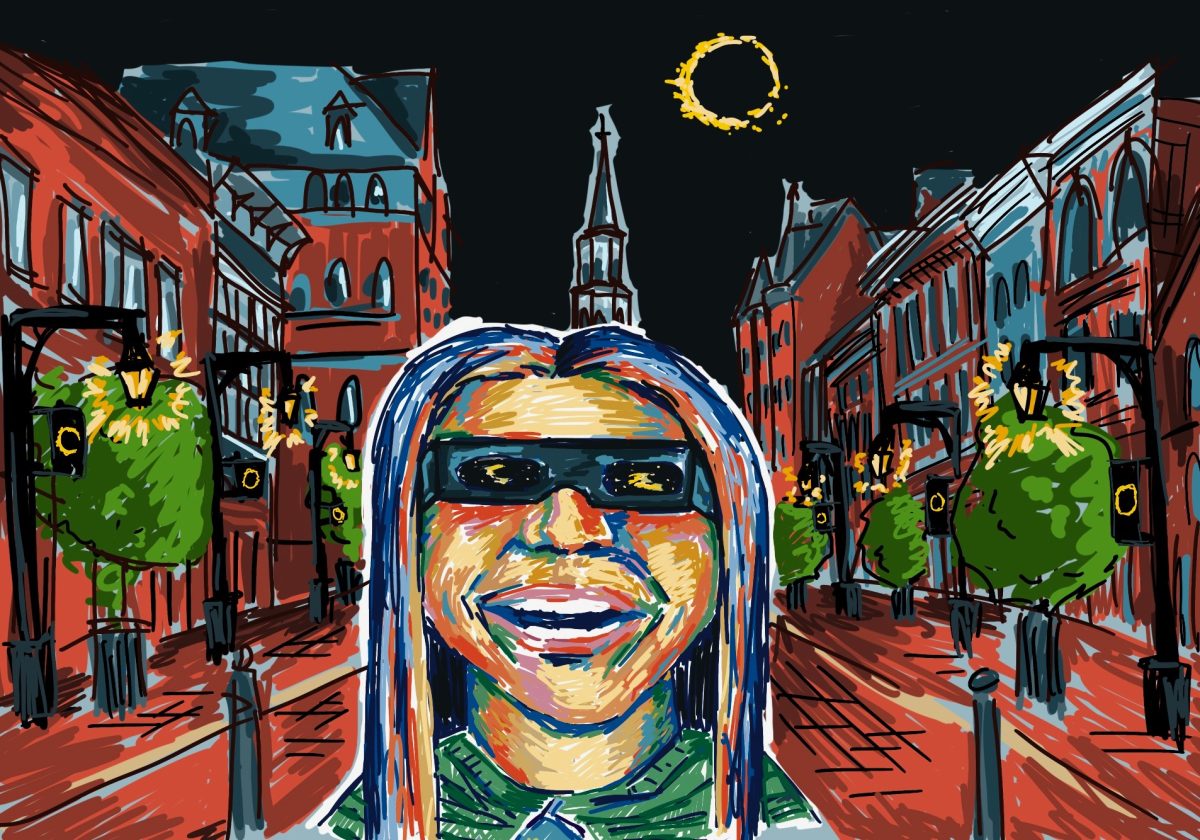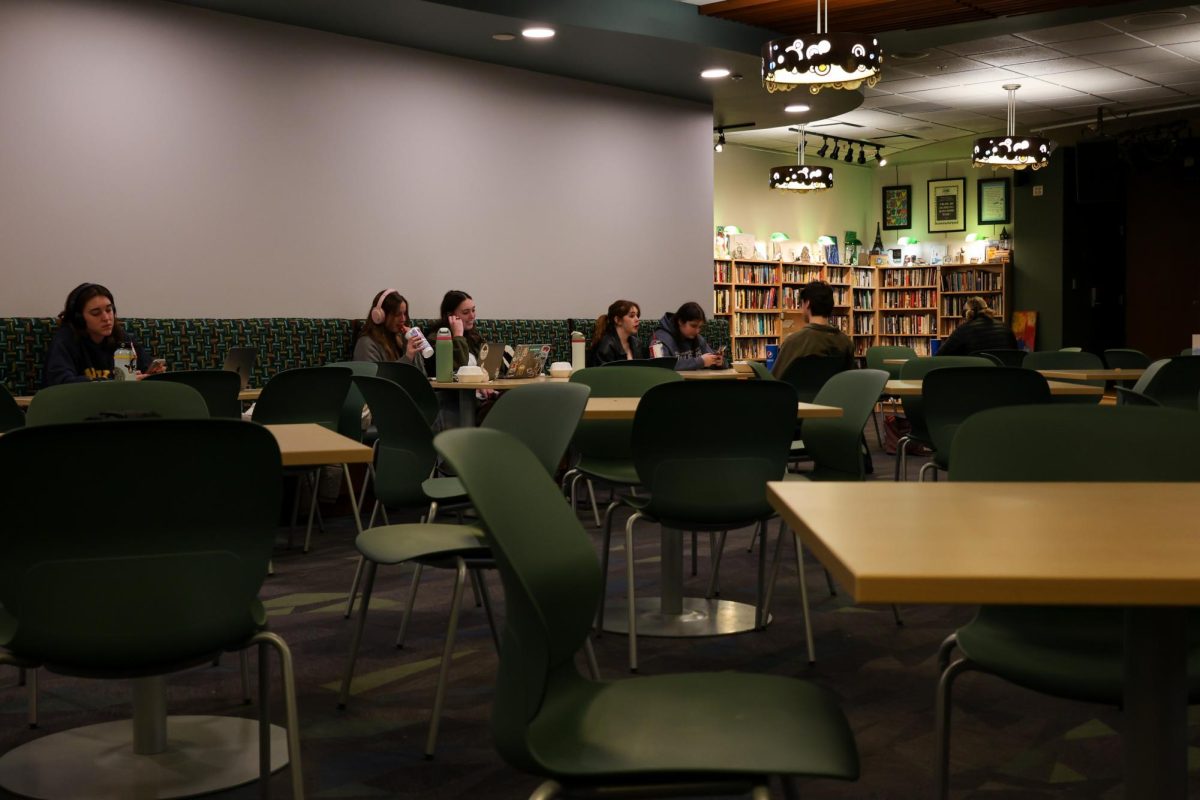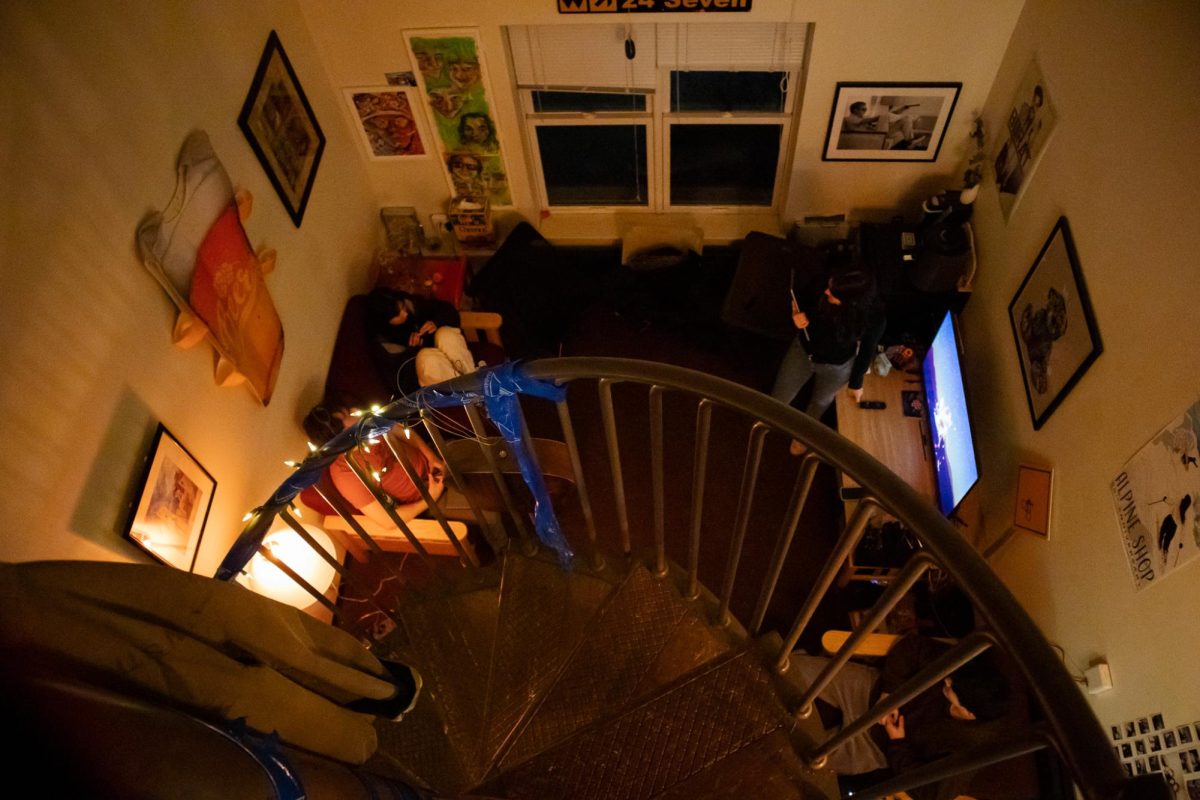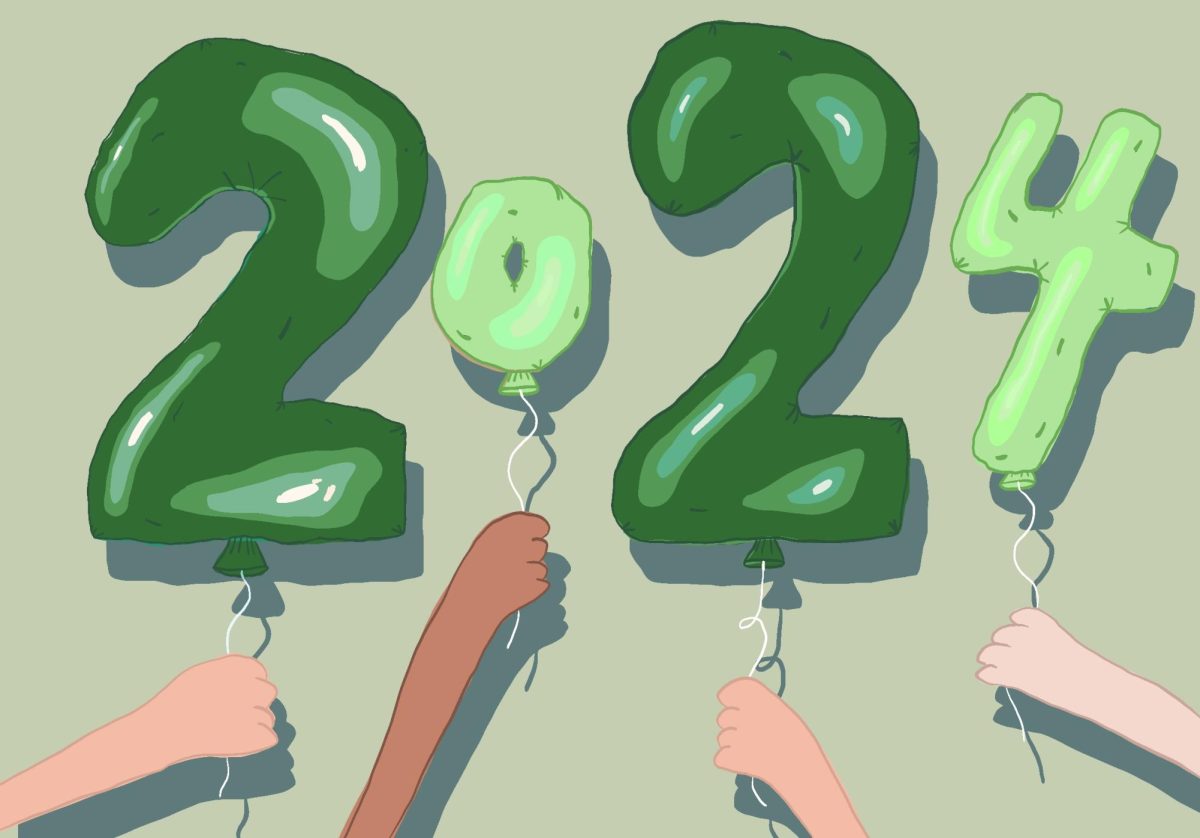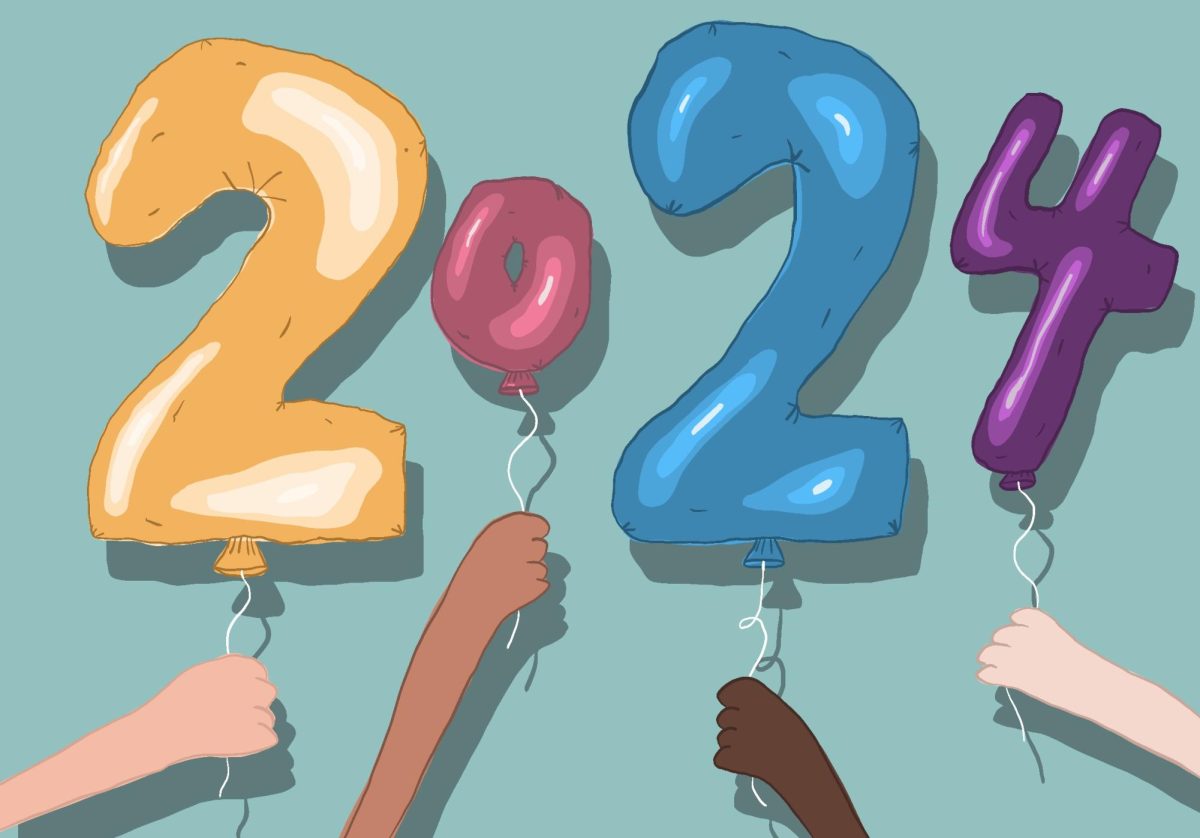Hundreds of thousands of college students are engaging in various forms of protest on their campuses and elsewhere over the war in Iraq. Several issues have emerged with regard to the protests.
One issue has to do with the reasonable time, place and manner restrictions schools place on protesters. As I’ve written before, so called “free speech zones” are likely to be strictly construed by courts. In short, this mean that the restrictions have to be narrowly tailored to accomplish the public school’s goal of maintaining order and protecting the safety of students.
But the more pressing issue now is what can happen to students who are arrested off-campus conduct, such as trespassing, disturbing the peace, or some other relatively non-violent misdemeanor.
The other issue concerns conduct on campus, such as spontaneously protesting on campus, perhaps using a bullhorn, or using chalk to write anti-war slogans on school buildings.
Many of the anti-war protests occur off campus. Students, like non-students, may get arrested for trespassing, disturbing the peace, or a variety of other misdemeanors.
No doubt many college-age students have parents were arrested for protesting the Vietnam War. They have referred to their arrests as a “rite of passage.”
Before the Vietnam protests, students staged protests in areas of the country that still had so called “Jim Crow” laws or practices.
Students may have found themselves in jail for merely escorting a person of color into a “white only” caf?©, whether it was designated that way or not.
Not only were the students arrested, but sometimes their colleges suspended or expelled them for their off campus conduct.
In general, federal courts have held that students attending public universities have a property interest in their education and that interest may not be infringed without due process of law.
Naturally, attending a public university also prevents the state from taking punitive action against a student for his or her advocacy of ideas, unless the student calls for imminent violence on campus.
Public universities are restrained to take punitive action against a student for conduct occurring off campus, especially if this conduct involves simple misdemeanors such as disturbing the peace. If anything, there has to be a connection between the crime and the university, such as trespassing, stalking, or otherwise harassing another student who lives off campus.
Violent offenses, such as rape, especially involving another student, may require a university to take action to protect the other student.
Of course, at private universities, the rules relating to student conduct both on and off campus are determined by the university’s code of conduct.
Students have been disciplined for doing lawful things, such as living with a member of the opposite sex, or making a public admission that one is gay.
But, even at public universities, there are limits to what one can do in the name of free speech.
While the university may not punish speech, it may punish a student who uses a mode of expression that creates disorder.
For example, in a case from UC Berkeley, the campus most associated with the “free speech” movement, three students were expelled for participating in a series of protests in 1965. As a result of their conduct, police charged them with “disturbing the peace”
The students held protests on campus to protest the arrest of a non-student for participating in a campus protest.
The students did not comply with university rules for holding protests, and, in staging their protests, made loud speeches, lacing their speeches with the “f” word, which, in 1965, was still a shock.
As a result of their protests, it caused quite a bit of unrest on campus and university officials concluded that the protests were disturbing the operation of the campus.
The court, while upholding the notion that students have free speech rights, noted that the “right to protest” does not mean they can do it “whenever, however, and wherever they please.”
The court found that reasonable regulations on freedom of speech and assembly are recognized in relation to public agencies that have a valid interest in maintaining good order and proper decorum.
In a university context, the court noted, the function of a university is to impart learning. A university has the responsibility to control and regulate the conduct of students, especially when it tends to impede, obstruct or threaten the achievements of its goals.
The court noted that conduct involving rowdiness, rioting, the destruction of property, or any unjustifiable disturbance of the public order on campus is indefensible whether it is incident to an athletic event, the advent of spring, or devotion, however sincere to some cause or ideal.
Student leaders attending public universities contend that some rules, such as restricting chalking on campus, or engaging in free speech, are unduly restrictive and they can violate them because the rules violate the First Amendment.
The better approach is to have the ACLU or F.I.R.E. challenge the rules in court through a declaratory judgment procedure. Most often, however, I have found a letter from the ACLU, FIRE, or a law professor, can often persuade university counsel to suggest revisions to the policy.
Ironically, most college administrators today grew up in the 60s and 70s and are usually big defenders of the First Amendment. But no campus official wants classes disturbed, or students injured.
-Press Release











